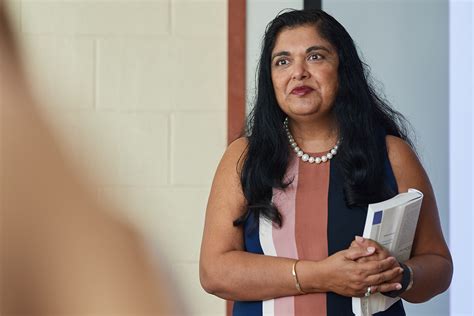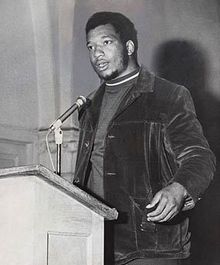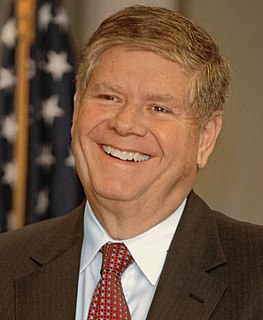A Quote by Coretta Scott King
I can't help but believe that at some time in the not-too-distant future, there is going to be another movement to change these systemic conditions of poverty, injustice, and violence in people's lives. That is where we've got to go, and it is going to be a struggle.
Related Quotes
Capitalism, in my estimation, is not about democracy. I think we're beginning to see an understanding of this. We see it in the Black Lives Matter movement. We see it among black youth who are now struggling and trying to make connections internationally with other groups and trying to figure out what's going on in the world and the ways things like police violence and systemic violence all come together under neoliberalism.
Nelson Mandela stood up against a great injustice and was willing to pay a huge price for that. That's the reason he's mourned today, because of that struggle that he performed I mean, what he was advocating for was not necessarily the right answer, but he was fighting against some great injustice, and I would make the argument that we have a great injustice going on right now in this country with an ever-increasing size of government that is taking over and controlling people's lives, and Obamacare is front and center in that.
People are going to have a good time, you know. One can go have a good time at these big openings in museums. And people go to have a good time. But the thing has another purpose.In the case of museums, it's always got to do with money, people who donate and things like that. And I believe a certain kind of interest has to be demonstrated.
In trying to address the systemic problem of racial injustice, we would do well to look at abolitionism, because here is a movement of radicals who did manage to effect political change. Despite things that radical movements always face, differences and divisions, they were able to actually galvanize the movement and translate it into a political agenda.
Black people need some peace. White people need some peace. And we are going to have to fight. We're going to have to struggle. We're going to have to struggle relentlessly to bring about some peace, because the people that we're asking for peace, they are a bunch of megalomaniac warmongers, and they don't even understand what peace means.
There is always going to be love versus hate; we struggle with that as humans within ourselves every day; as a society, we have to struggle. So when you wake up, you have to decide which side you're going to be on. Hopefully, that side is positive, so you do the work and hope that your legacy will help change things.





































